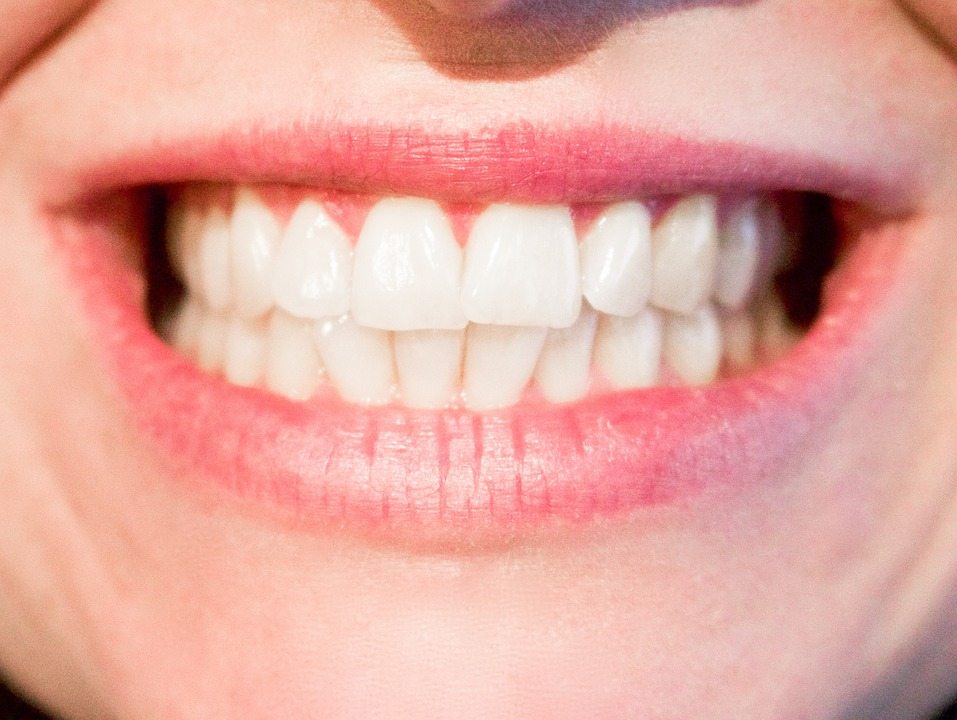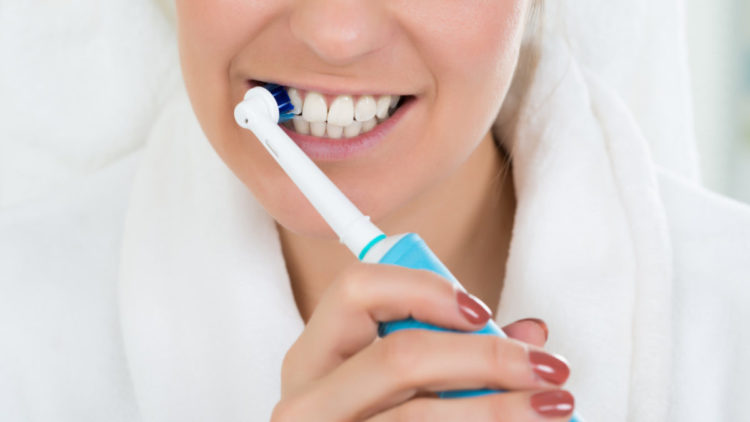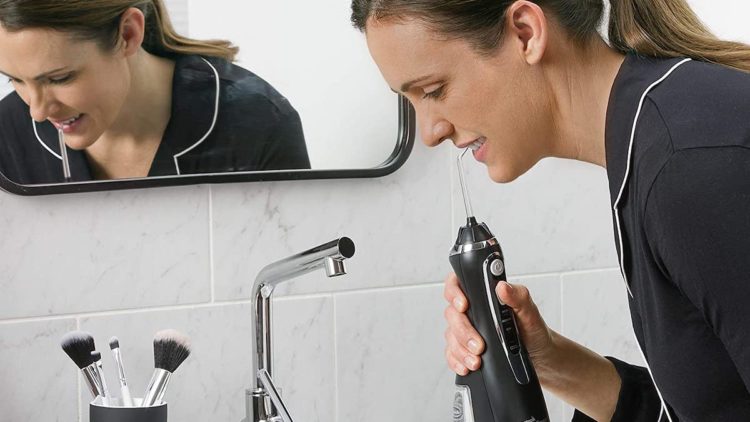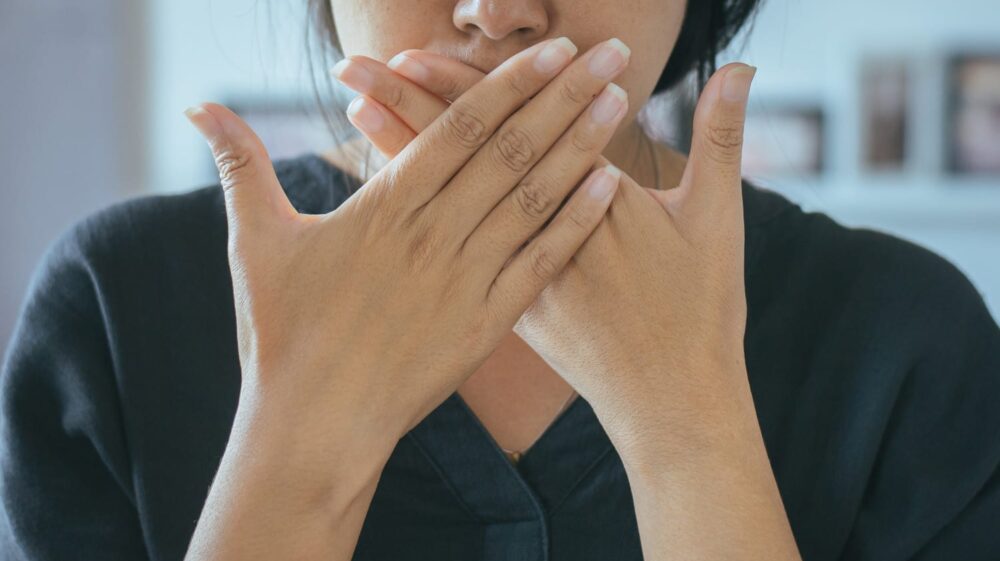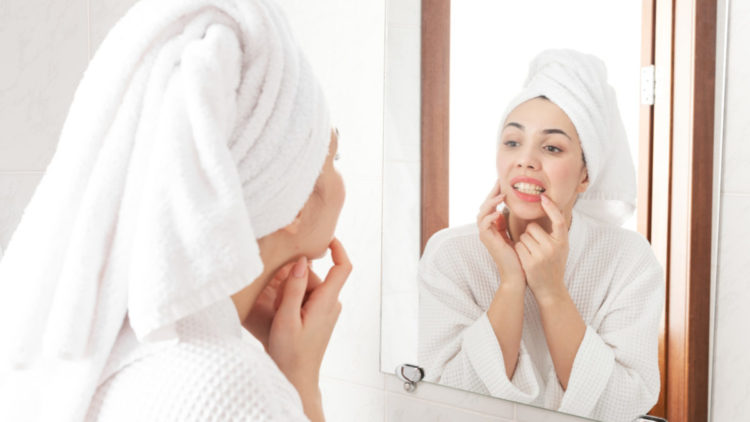Prone To Cavities? Why Your Genes May Be To Blame
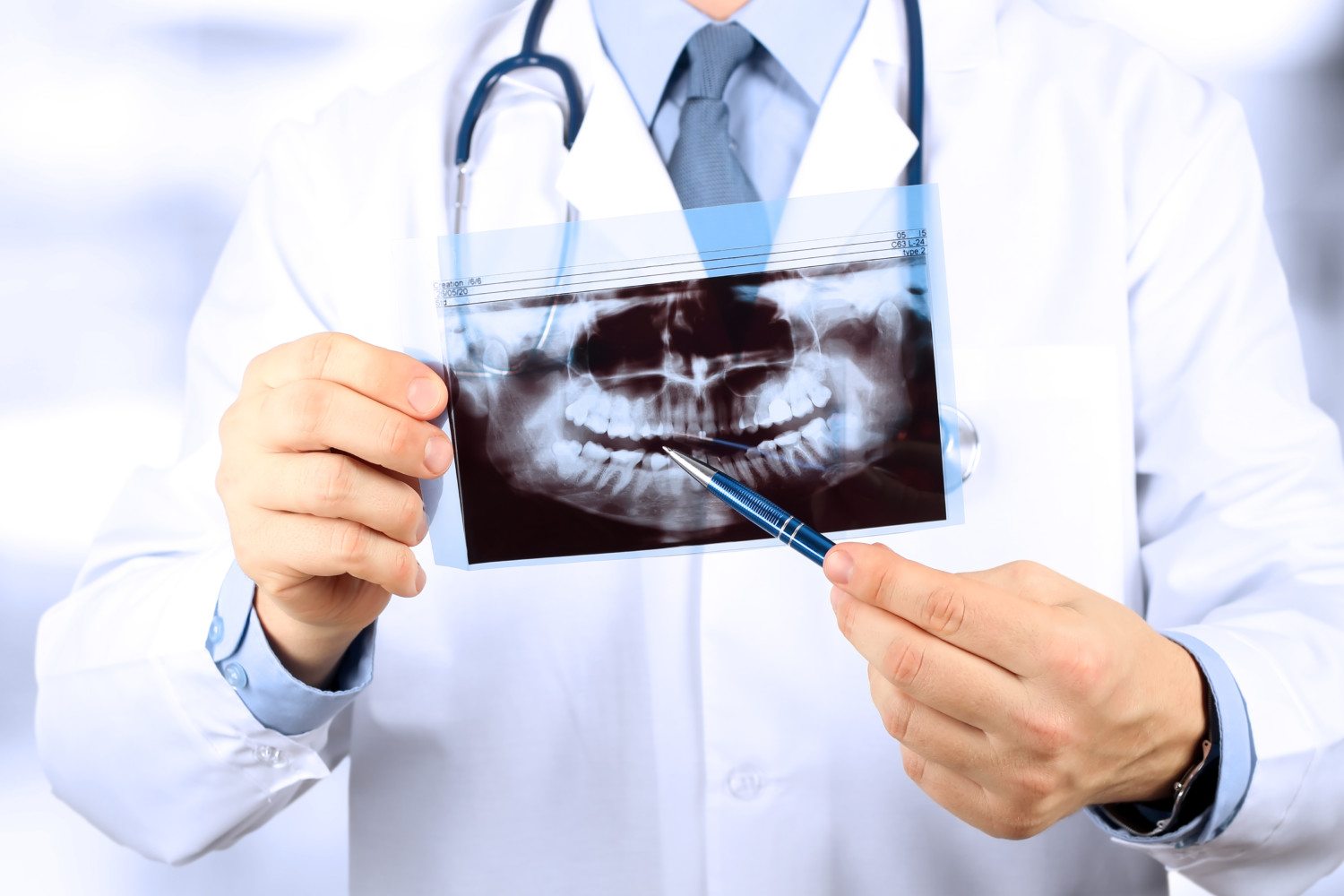
I’m an obsessive tooth-brusher. I am talking at least three times a day. I floss just as often, if not more. I have an electric toothbrush. I have prescription fluoride toothpaste. I go to the dentist regularly.
And I still get cavities. All the time. Meanwhile, I have friends who never floss and only brush once a day who don’t ever get cavities! What gives?!
[arve url=”//giphy.com/embed/26FKTvvfHpPaalpni”/]
I have long suspected that my genes were to blame for my tooth woes, and research suggests that this is likely true.
Research dating back nearly 20 years shows that your chance of primary tooth cavities may be based as much as 64 percent on your genetics. In other words, yes, cavities do run in families to a notable extent.
But you can’t blame your ancestors for all your cavities.
As Michael Glick, a professor at the School of Dental Medicine at the University at Buffalo, State University of New York and expert on pearly whites, told The Wall Street Journal: “There is solid evidence that without sugar you cannot get cavities.”
To that end, Glick advises everyone to cut way back on sugar, especially sugary drinks. Sugar clings to teeth, which can lead to decay and cavities.
Hmm. Maybe my Swedish fish habit is more to blame for cavities than my family history.
If you are prone to cavities and worried about the state of your dental health, Glick (as with other dentists) recommends plastic sealants, which can prevent decay-causing food and sugar from getting caught in the cracks of your teeth and also help to support enamel growth.
According to the American Dental Association, while brushing and flossing are the best ways to help prevent cavities, “There’s another safety net to help keep those teeth clean. It’s called a sealant, and it is a thin, protective coating (made from plastic or other dental materials) that adheres to the chewing surface of your back teeth. They’re no substitute for brushing and flossing, but they can keep cavities from forming and may even stop early stages of decay from becoming a full-blown cavity.”
So, there is your anti-cavity plan: Less sugar, lots of brushing/flossing, and maybe sealants if you are a good candidate.
As for me, I’ll have to stick to my teeth-cleaning regimen and continue blaming genetics because you’ll probably have to pry my Swedish fish from my cold, dead fingers.
h/t: Wall Street Journal




